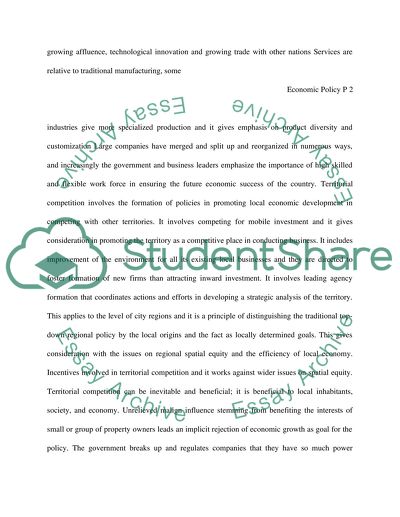Cite this document
(Learning and Expectations in Macroeconomics Essay, n.d.)
Learning and Expectations in Macroeconomics Essay. Retrieved from https://studentshare.org/macro-microeconomics/1508164-economic-policy
Learning and Expectations in Macroeconomics Essay. Retrieved from https://studentshare.org/macro-microeconomics/1508164-economic-policy
(Learning and Expectations in Macroeconomics Essay)
Learning and Expectations in Macroeconomics Essay. https://studentshare.org/macro-microeconomics/1508164-economic-policy.
Learning and Expectations in Macroeconomics Essay. https://studentshare.org/macro-microeconomics/1508164-economic-policy.
“Learning and Expectations in Macroeconomics Essay”, n.d. https://studentshare.org/macro-microeconomics/1508164-economic-policy.


